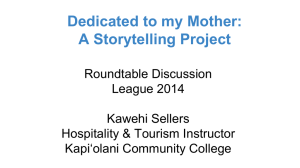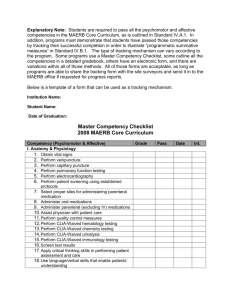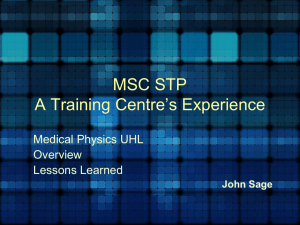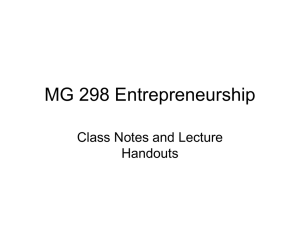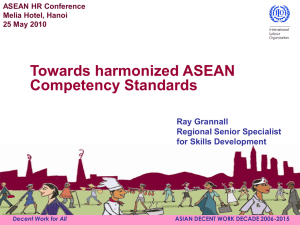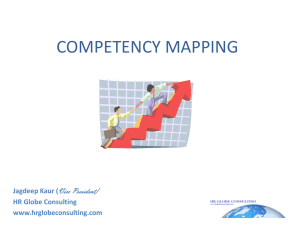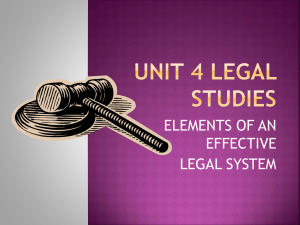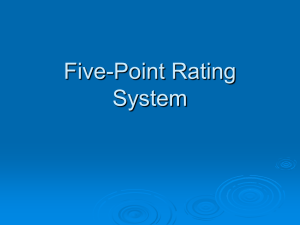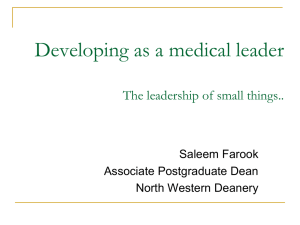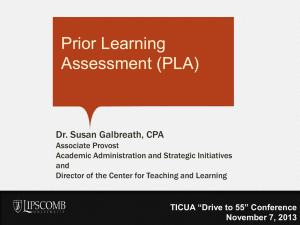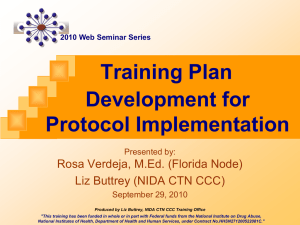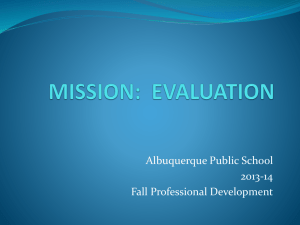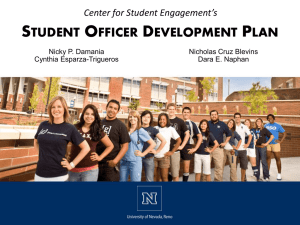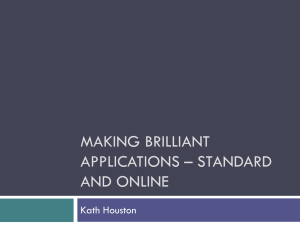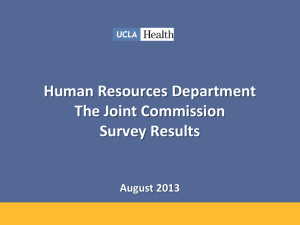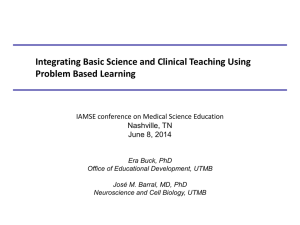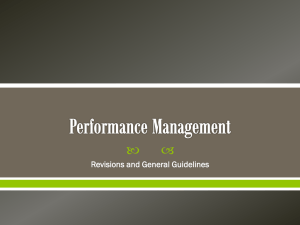Core Competencies
advertisement
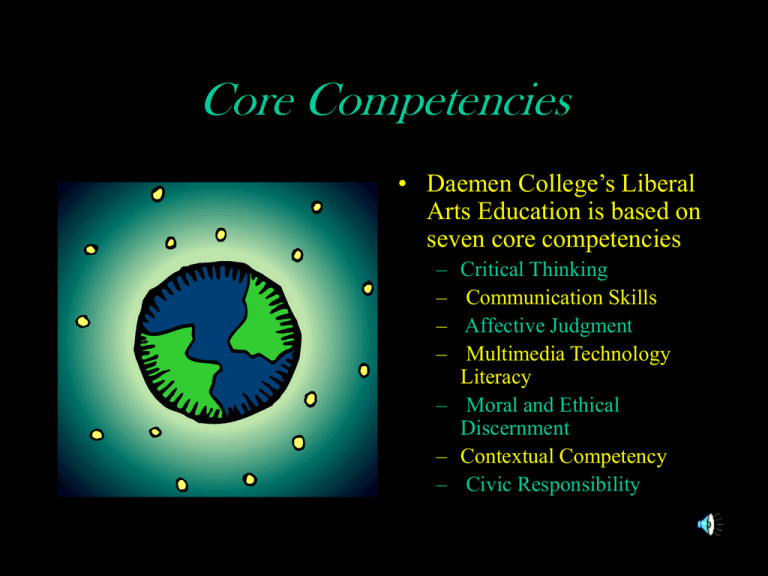
Core Competencies • Daemen College’s Liberal Arts Education is based on seven core competencies – – – – Critical Thinking Communication Skills Affective Judgment Multimedia Technology Literacy – Moral and Ethical Discernment – Contextual Competency – Civic Responsibility Critical Thinking Critical Thinking is a skill that is necessary for anyone that wants to make it in the working world. Critical Thinking consists of analyzing a problem and coming up with different ways to approach the problem. Identifying and coming up with alternatives is only half of the battle. For each of the alternatives it is important that the student be able to decide whether or not the consequences that correlate with each alternative are positive or negative. In addition, the skill of being able to make a decisions about subjects that are both familiar and unfamiliar. Making decisions when the subject is not familiar is an event that will happen more often than not in the real world. It is important to have refined critical thinking skills. Communication Skills Communication is one of the most important competency taught at Daemen College. Communication deals with the ability to convey a point and opinion to others despite the language they speak. In order to fully meet the requirements of the communication competency the student must be able to communicate using the proper tone, grammar, words, and distinguish between what appropriate and inappropriate depending on the situation. Affective Judgment Affective Judgment is the bridge that allows us to communicate how certain things such as music make us feel. It is important to be able to communicate your feelings affectively so that they can be acted upon. Refining affective judgment allows us to experience the world differently and also our experiences can become more meaningful. Multimedia and Technology Literacy We Live in the technological age and no matter what field that you may entering being computer literate is critical.This competency does not only deal with teaching students to use the technology available effectively but it also teaches how to filter the information. Many times the information that is posted on the Internet is not completely true and a large part of being literate in technology and multimedia is being careful of what you believe. In addition, as the different parts of technology are studied the students will be able to see the impacts of the media and technology on society. Moral and Ethical Discernment Not only should students understand and be able to establish their morals but the students should also be able to understand and be nonjudgmental of the morals of others. Moral and Ethical Discernment is important because the way that we lives our lives and many times society is based on the morals and ethics. Understanding ethics and morals leads to a more interactive relationship between you and your environment and also others. Contextual Competency There is a saying that if you do not study the past and learn from it you are bound to repeat it. Not only does the contextual competency deal with the past it also deals with the present. Having a strong grasp and understanding of the contextual competency allows you to be prepared for dealing with issues on a international, and multicultural scale. Being more comfortable with diversity will allow many door to be opened to you that may lead to success. Civic Responsibility Everyone has a responsibility to their community. Teaching people to be active in their community and their world leads to the betterment of life. Instilling students with the sense of civic responsibility at the time that they are impressionable will teach them how important it is to stay active in their community. Addressing problems at a community level will keep many problems from escalating into disasters.


